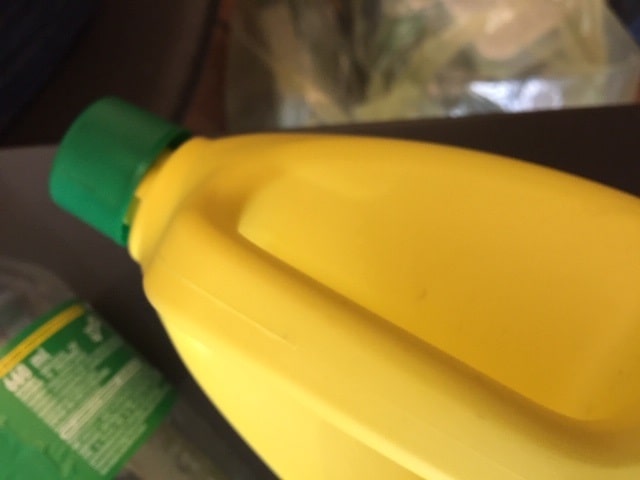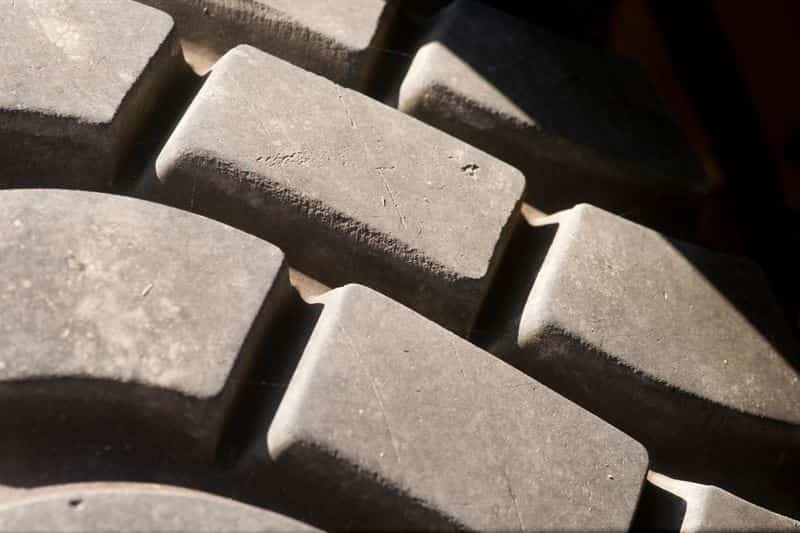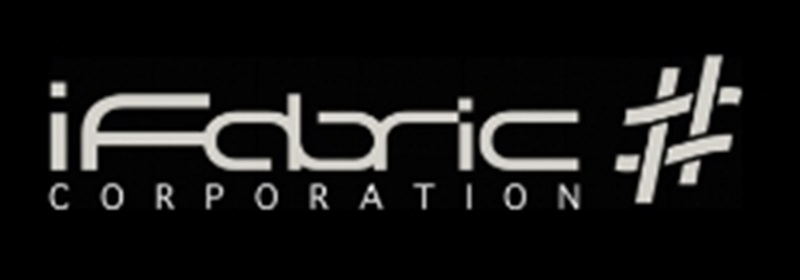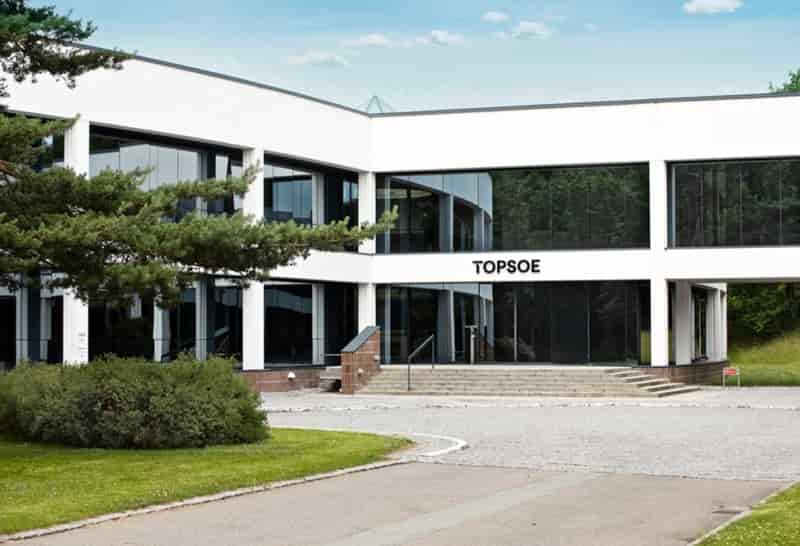European recyclers have backed an EU committee’s proposal to prevent the ‘mass balance’ method for chemical recycling, over concerns mechanical recyclers would face unfair competition.
The European Parliament’s Committee on the Environment, Public Health and Food Safety (ENVI) voted through German MEP Jutta Paulus’s proposal to prevent mass balance being used under the Single Use Plastics Directive.
The committee’s rationale was to promote mechanical recycling over technologies such as pyrolysis. Recycling trade bodies fear the mass balance approach would give plastics-to-oil firms an unfair advantage in accessing feedstock. Antimicrobial textile technologies
Mass balance allows the volume of certified material entering chemical recycling to be counted towards a product’s recycled content. After lobbying from Chemical Recycling Europe, the EU drafted legislation to allow the method.
The ENVI vote now threatens this legislation but a further round of voting will take place next week.
Paulus’s motion argued the “unstated rationale” for mass balance was to promote chemical recycling over energy recovery. It added that mechanical recycling “is indeed preferable to chemical recycling, in particular when compared to pyrolysis and gasification, as it requires less energy and therefore creates significantly less CO2”. Antimicrobial textile technologies
More…
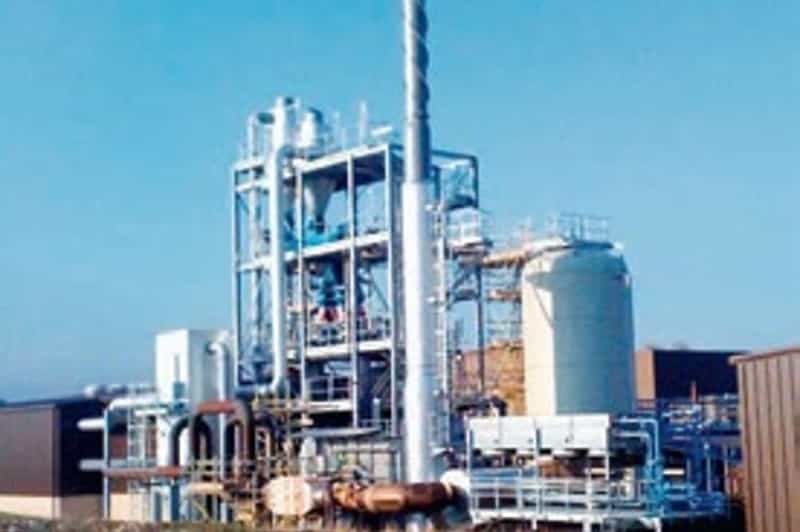
Ford patents airbags for autonomous vehicles
The US car giant appears to be developing safety systems to work with autonomous vehicles fitted with rotating seats.
Ford has filed a patent for overhead and knee airbags which appear to be specifically designed for autonomous vehicles with swivelling seats.
Spotted by Ford Authority, the patents published on 16 April 2024 show large airbags which appear to extend from overhead, and one side of a seat to protect the upper body and lower limbs of a passenger. Antimicrobial textile technologies
A new design for airbags in autonomous cars is needed because these vehicles are proposed to feature seats which can move freely within the car – including rotating 180 degrees to face backwards, or reclining to allow a passenger to sleep.
The effectiveness of current airbag designs relies on passengers being in a known position, and at the correct distance from the airbag.
In October 2023, Mercedes-Benz revealed it was working on airbags for reclining seats as another possibility of where an occupant is positioned in an autonomous car during a collision. Antimicrobial textile technologies
More…
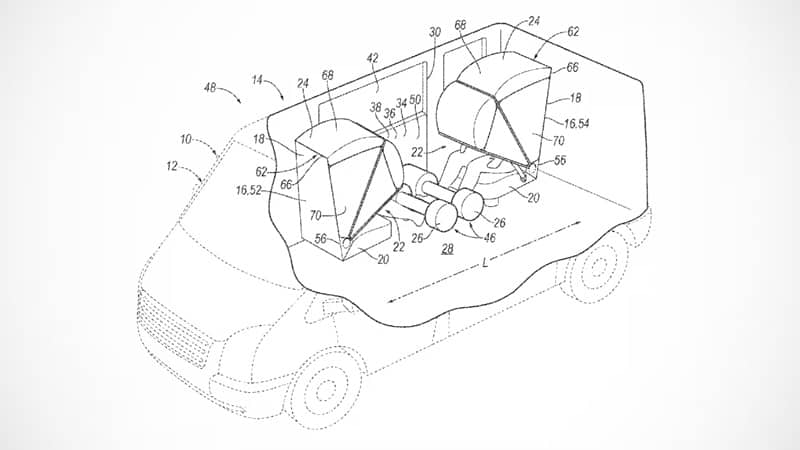
Pyrolysis technology – The European textile recycling sector is nearing collapse, with urgent warnings emerging from industry leaders across the Netherlands, Germany, and the UK 23-04-2024
Antimicrobial textile technologies
